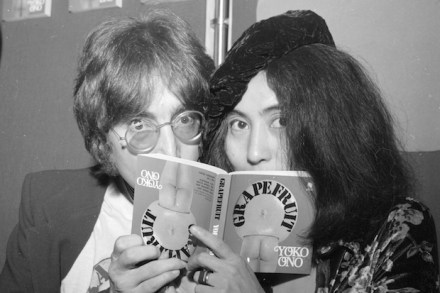Community listening
There’s been a lot of fanfare and trailers about BBC Radio’s new ‘online first’ facility. We can now get hold of programmes and listen to them before they go out on air, or download the series and listen to the whole lot in one go. Nothing so strange about that, given the powers of digital, its accessibility and flexibility. But the Radio 4 website is also offering new online-only content, which will never be broadcast in the traditional way. Best Queue is a drama series told in very short (just over four minutes) episodes. Angie and her family are waiting in a massively long queue that promises a large cash
















